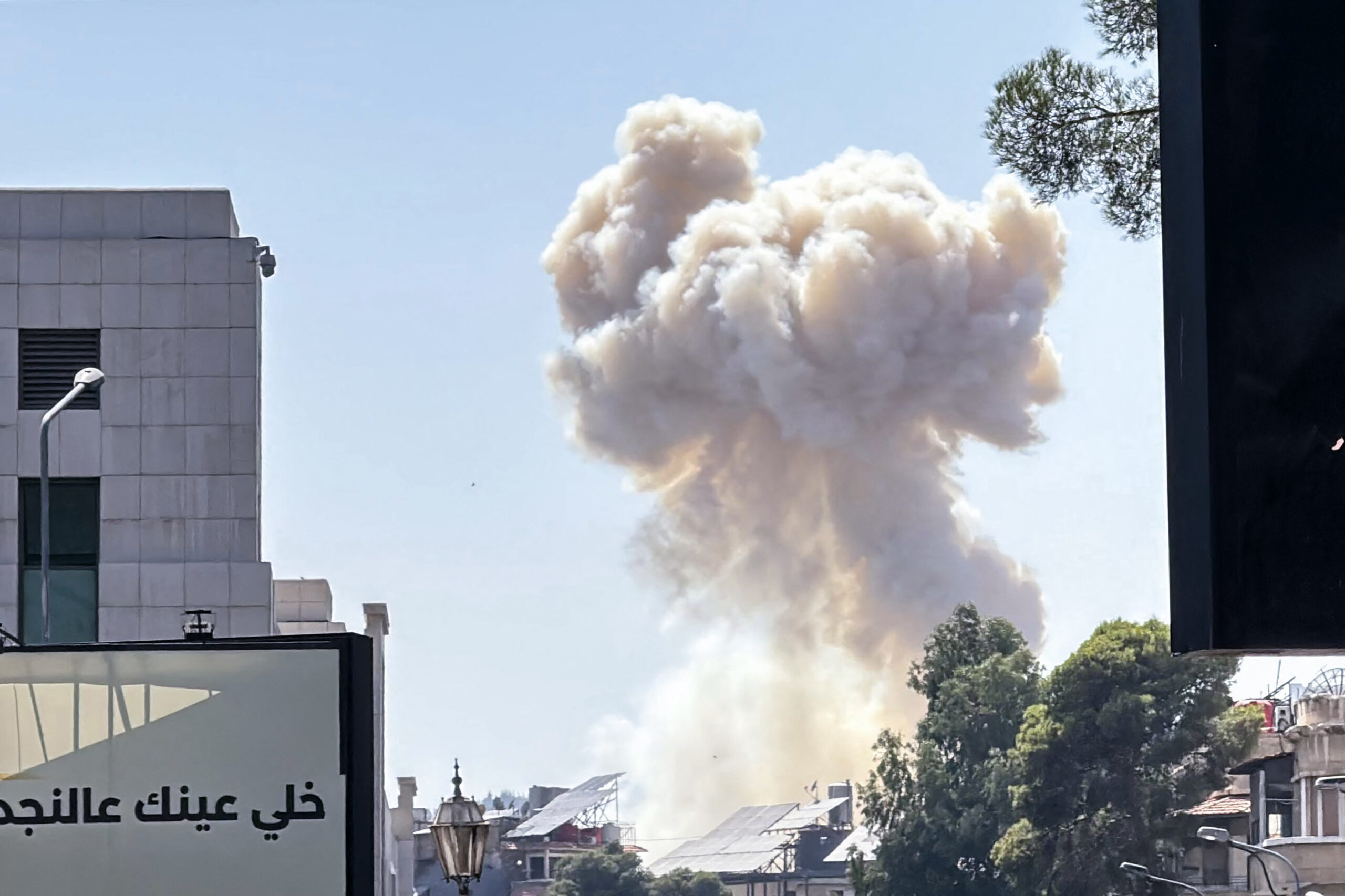Losing My Religion, And Missing It When It’s Gone
One of the other and somewhat unexpected stresses associated with shooting my film was the decision to shoot last week, because last week was the tail end of the holiday of Sukkoth. It was my decision to shoot then – I didn’t want to schedule the shoot so far into the fall that, if we had a spell of rain, we’d lose the film due to shortening days and chilling weather – and I went into the decision understanding that it would mean foreshortening my holiday. But, I reasoned with myself, I’ve been getting progressively less religious. We don’t have a sukkah of our own (we live in an apartment, and there’s no really useable outdoor common space associated therewith). My son’s now in a non-sectarian school, so he won’t have off for the holiday. What’s the big deal?

Well, turned out to be a bigger deal than I anticipated. Sukkoth is always a holiday that pulls at my heartstrings. We never much celebrated it as a kid, so it’s not nostalgia – it’s the opposite: a longing for something that I never really experienced. And for all that I have turned away from trying to live a traditionally religious life, that longing hasn’t gone away, apparently.
Sukkoth, or Tabernacles, is the third of three harvest festivals, and the third of three great historical commemorations on the Jewish calendar. Passover, the first, celebrates the spring harvest, and also the exodus from slavery in Egypt. Shavuot, or Pentecost, celebrates the summer harvest, and also the giving of the Torah at Mount Sinai. And Tabernacles, the last, celebrates the fall harvest, and also the wandering (or, more properly, the sojourn at the end of the wandering) in the wilderness, before the entry into the Land of Israel.
Poised on the brink of the Levantine rainy season, and culminating in a prayer for rain, it’s the most pagan-feeling of the great Jewish holidays (which is one of the reasons I like it so much). We shake the lulav (palm fronds held together with fronds of myrtle and willow) in all six directions – east, north, west, south, up, down – and the sound of the dry fronds recalls the sound of rain on the roof. It’s classic magic, urging nature to imitate art.
But it’s also the most ecumenical of Jewish holidays. The High Holidays, Rosh Hashanah and Yom Kippur, are intensely personal and introspective. Meanwhile, many of the other major and minor festivals – Passover, Purim, Tisha B’Av, Hanukkah – have a communal, even national quality (even if, classically, the rabbis labored against that tendency, taking even the most explicitly patriotic celebrations like Hanukkah and re-focusing them on God’s saving hand). Sukkoth, though, is different. It doesn’t celebrate a national event; it celebrates a state of being that is almost ahistorical, poised on the brink of entering the Land, of entering history, but not yet there.
Traditionally, one eats and sleeps out in the temporary structure of the sukkah, putting ourselves in the hands of God. It’s not about building something to last; it’s about living in the world as God gave it to us, Edenically. And, not coincidentally, it’s a collective experience that is less-centered on an ethnically-defined community. Whereas the Passover sacrifice was limited explicitly to the Jewish people, the far more extensive Sukkoth sacrifices (check ’em out; seventy bullocks total – it’s a general slaughter) were not limited to Israelites, but were open to anyone who wished to share in the sacrifice to God. On Passover, we are explicitly commanded to offer a place at the seder table to anyone in need – but this is an invitation in to a proprietary space and a proprietary festival. On Sukkoth, though, there is no door to close; the space is inherently open, and the spirit is of sharing rather than of charity. (I’m not putting charity down nor denigrating the idea of proprietary space – I’m just drawing a distinction between the two spirits.)
As somebody for whom entertaining, providing a sense of abundance of life (expressed through food and conversation primarily) is very fundamental, Sukkoth always makes me sad, because I can’t exercise those capacities – because I don’t have a sukkah to invite people into. But being at the mercy of others’ kindness, giving up my natural preference-level of control, is probably a good discipline, and, not coincidentally, one that is in tune with this celebration of mere being. Anyway, that’s what I’ve tried to say to myself in the last couple of years.
But this year, I could not accept that kindness, nor could I give up control. I had a movie to make, and it was in control of me, and I needed to remain in control of it.
Similarly, as somebody who actively tries to re-conceive the Jewish collective on lines that reflect the fuzziness inherent in the tradition – neither quite ethnic and national, nor quite religious and sectarian – the ecumenical spirit of Sukkoth is a real source of joy. But this year, I had placed a barrier between myself and that source of joy – and I missed the particularism of belonging. I not want to be a visitor but a resident.
I did manage to get to shul for the beginning of the holiday, and to visit a sukkah for several days. I managed to shake the four species. I even led services one morning. But I felt like I was stealing time, not living in it. And my days, particularly the week before we started shooting, had an undercurrent of melancholy.
So now I’m trying to make use of that feeling. Back when I was in a more religious frame of mind, I read a bunch of Rav Soloveitchik‘s work, and while I can’t say I had the background to understand it all, one thing that came through was the sense that, for the Rav, the experience of exile was paradigmatic. That, for him, living a traditional, halakhic life was not intended to be harmonious; the purpose of observance wasn’t to bring us into accord with the deepest rhythms of reality and the divine will, but to alienate us from the world – or, better, to make us conscious of a pre-existing alienation. The tensions between, for example, science and religion, or between the requirements of making a living and the demands of piety, weren’t to be resolved; they were to be experienced, lived, as enduring tensions.
Well, the past couple of weeks, I definitely lived some kind of tension, and in a different way than I ever had before. Back when I worked on Wall Street, I made a very conscious effort to keep the demands of the world at bay – to prioritize my Jewish obligations over all. This was probably a good way of keeping work in its proper place – a hunger for money will devour people who let themselves be devoured – but it created other, more destructive tensions, particularly within my family, who didn’t always share these particular priorities. I was identifying myself with a set of obligations to something, ultimately, external to me, and I’m not sure it’s really any better if those obligations are to an abstractly-conceived religion than if they are to Mammon. Now, the conflict I experience is genuinely internal. It’s not between external demands on me that I choose to conform to or resist, but between the longing to impress myself upon the world and the longing to dwell within it without care.
Of course, I doubt Rav Soloveitchik would approve of living out that essential tension by shooting a film during chag. But I think he would agree that being guided by a desire for external approval is not the most mature way to make one’s path through life.
